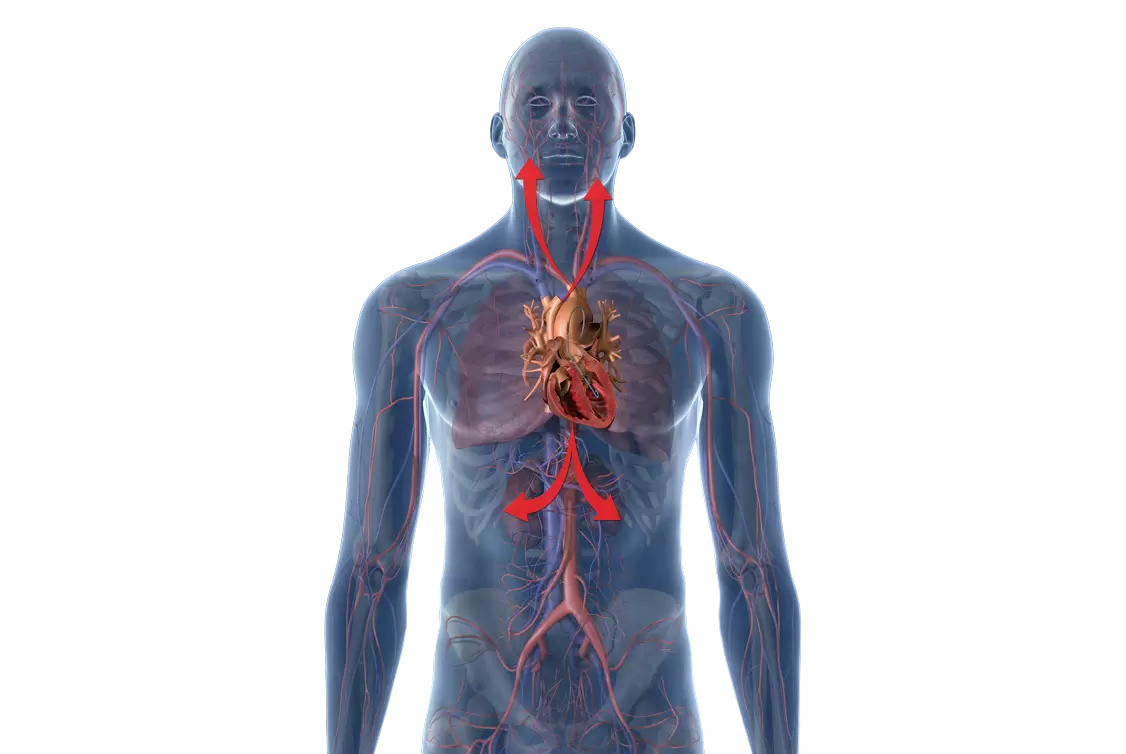Talk to your Cardiologist
Talk to your cardiologist
How is coronary heart disease (CHD) diagnosed?
Your cardiologist will consider many factors and may recommend a series of tests to determine whether you have coronary heart disease.
Factors that your cardiologist will consider:
- Patient history
- Risk factors for a diagnosis of coronary heart disease (these include arterial hypertension, high LDL cholesterol levels with low HDL cholesterol levels, diabetes, obesity, smoking and more)
- The results of one or more diagnostic tests (echocardiography, cardiac CT scan, cardiac catheterisation and stress test)

Your cardiologist may refer you to a heart team
A cardiac team consists of an interventional cardiologist, a cardiothoracic surgeon and other medical professionals who work with your cardiologist to determine the best treatment based on your diagnosis

Ask your cardiologist about Protected PCI
Protected PCI, including the use of the Impella® heart pump during percutaneous coronary intervention (PCI), can provide the following benefits:
- Improvement of symptoms of severe coronary heart disease and/or heart failure1
- Fewer days in hospital2,3
- Shorter convalescence2,3
- Improved quality of life4
Referenzen
- Dangas, G.D., et al. (2014). Am J Cardiol, 113(2), 222-228.
- Maini, B., et al. (2014). Catheter Cardiovasc Interv, 83(6), E183-E192.
- Gregory, D., et al. (2013). J Manag Care Med, 16(1), 61-69.
- O’Neill, W.W., et al. (2012). Circulation, 126(14), 1717-1727.
NPS-2559